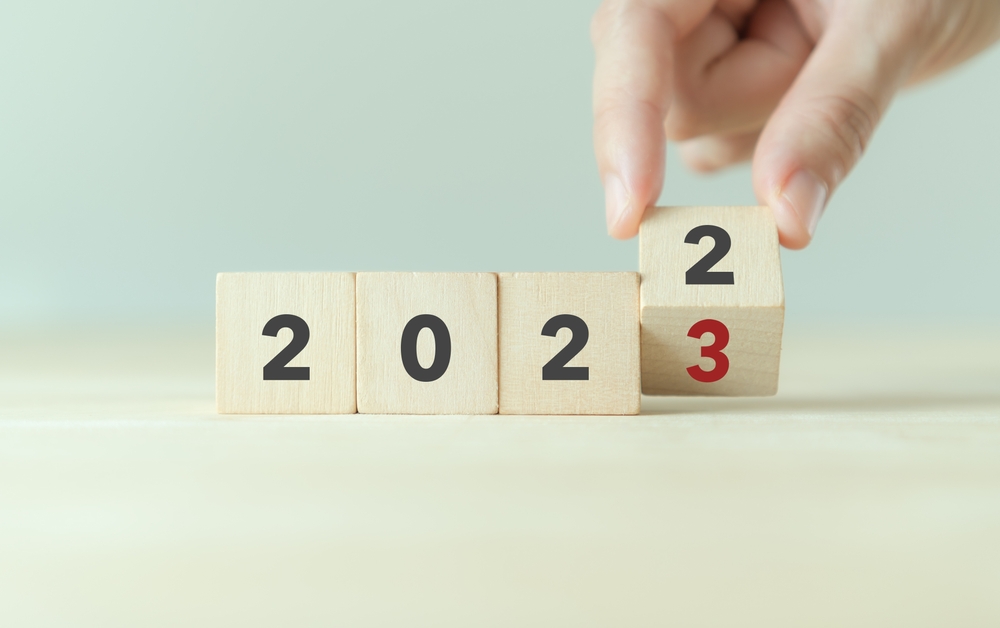UK mortgage approvals fell to the lowest level in more than two years in November, as high inflation and increased borrowing costs put a strain on household spending.
Data from the Bank of England showed approvals for house purchases fell to 46,100 in November, down from 57,900 the previous month, to the lowest level since June 2020, when the Covid-19 pandemic brought the housing market to a standstill.
The sharp drop underlined the turmoil in the UK housing market, sparked by the “mini” Budget in late September of then-prime minister Liz Truss, which prompted some lenders to withdraw home loans. The figure was well below the 55,000 consensus forecast by economists polled by Reuters.
Andrew Wishart, senior property economist at Capital Economics, said he did not expect the “modest drop back” in mortgage rates since to have much effect in a depressed housing market.
“A further decline in mortgage rates and a significant correction in house prices will be necessary before mortgage lending and activity can recover,” he said.
The fall in mortgage approvals was “another indicator of slowing demand for UK housing as the rising interest rate environment bites”, said Daniel Mahoney, economist at Handelsbanken.
The BoE said the interest rate paid on new mortgages rose 26 basis points to 3.35 per cent in November, the highest mortgage rate since 2013. The rise in mortgage costs follows a string of interest rate increases by the central bank as it tries to tackle high inflation.
The BoE warned that further tightening of monetary policy was likely when it raised interest rates in December by half a percentage point to 3.5 per cent, the highest level in 14 years.
Meanwhile, BoE data showed that consumer credit rose by £1.5bn in November, more than double the £700mn borrowed in October, in another sign of the impact of the cost living crisis.
The biggest driver was credit card borrowing, which jumped to £1.2bn in November from £400mn in October.
Despite households cutting discretionary spending, “inflation on essentials and the increased cost of energy means debt is still being accumulated for food, lighting and staying warm”, said Karim Haji, head of financial services at KPMG for the UK, Europe, the Middle East and Africa.
At the same time, households added £5.4bn to their savings in November, in a sign that many people are building up cash buffers as the UK economy slides into recession.
“Very weak consumer confidence is still prompting households to spend less and save more in anticipation of tough economic times ahead,” said Thomas Pugh, economist at consulting firm RSM UK.
Credit: Source link














